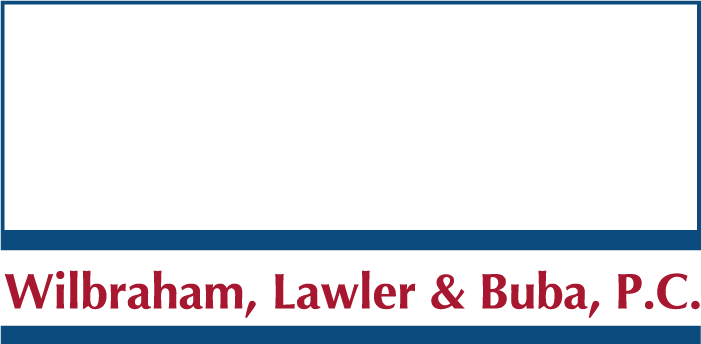Establishment or property owners must operate by laws indicating their duty of care to anyone who enters their premises. The amount of care they must exhibit depends on who their guests are, and some might enter and remain on their property without their consent. These people fall under the category of trespassers, meaning they received no permission to be on the property.
Trespassing or unauthorized entry is generally unlawful, but Pennsylvania law still requires property owners to owe trespassers a duty of care. The level of care necessary is significantly lower than with guests or clients invited into the premises. The rule for property owners is they should avoid taking any reckless or negligent measures that could hurt or harm the trespasser.
Potential elements affecting liability
Additionally, other factors could affect the most appropriate course of action to address trespassing. Suppose it is a frequent incident, and the owner knows it. In that case, the owners must practice reasonable care toward trespassers and make appropriate changes, such as installing warnings or removing hazards within the premises. Other actions could be allowable if the owner discovered the trespasser posing a threat of imminent harm.
Still, owners should consider rational solutions, especially if they have conditions within the premises that might attract children, like a swimming pool or farm animals. These elements are considered an attractive nuisance, potentially changing the duty of care the owner owes based on the law. If so, the owner could be liable for any physical harm sustained by the child within the property.
Maintaining safe conditions within the premises
Even if trespassers were not given authority to enter a property, owners could be liable based on the circumstances. Heavy machinery and recreational equipment sometimes pose hazards, adding responsibilities to property owners. Fortunately, they could take measures to maintain safety within the premises, benefiting everyone, including those who unintentionally stumble into the property.

